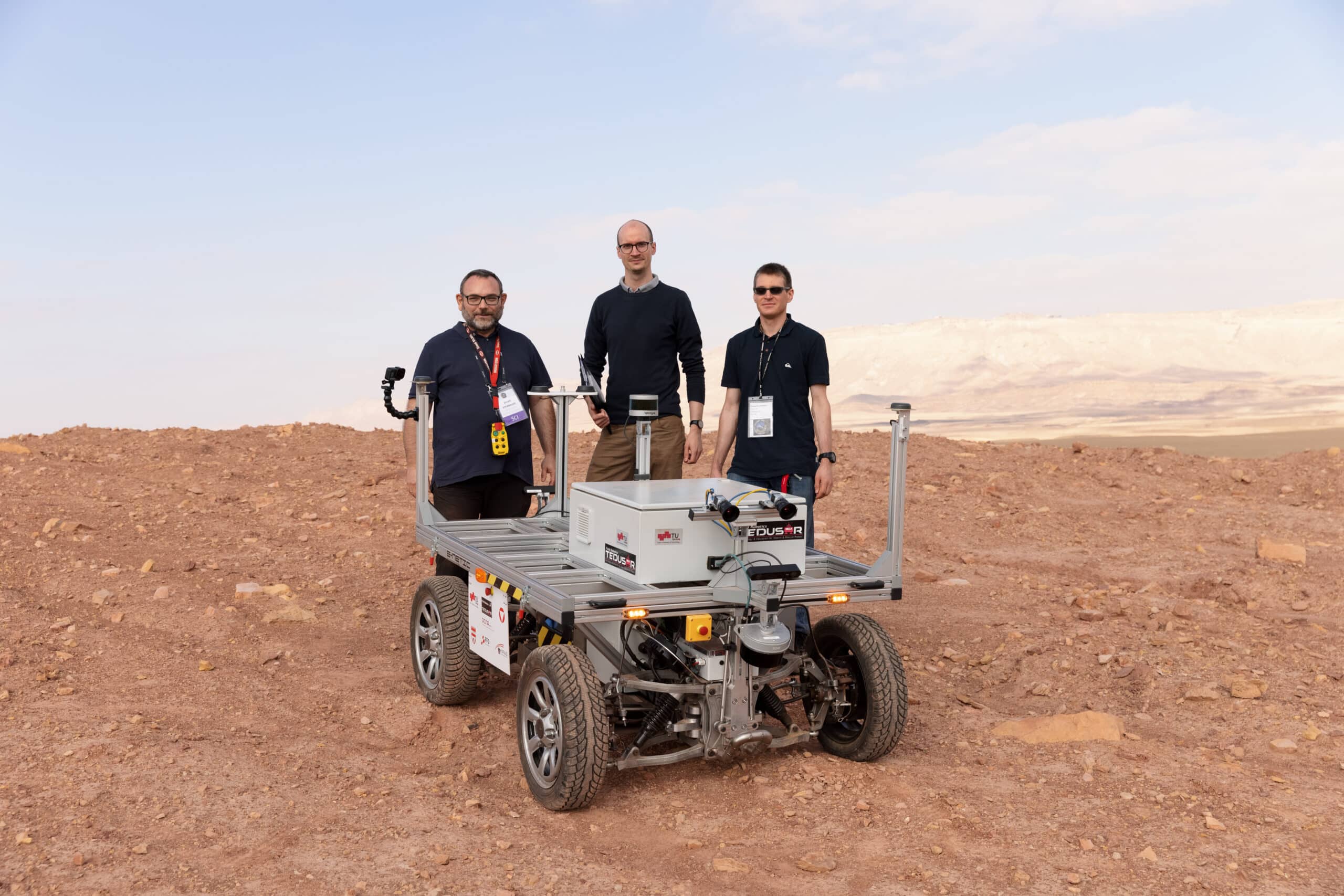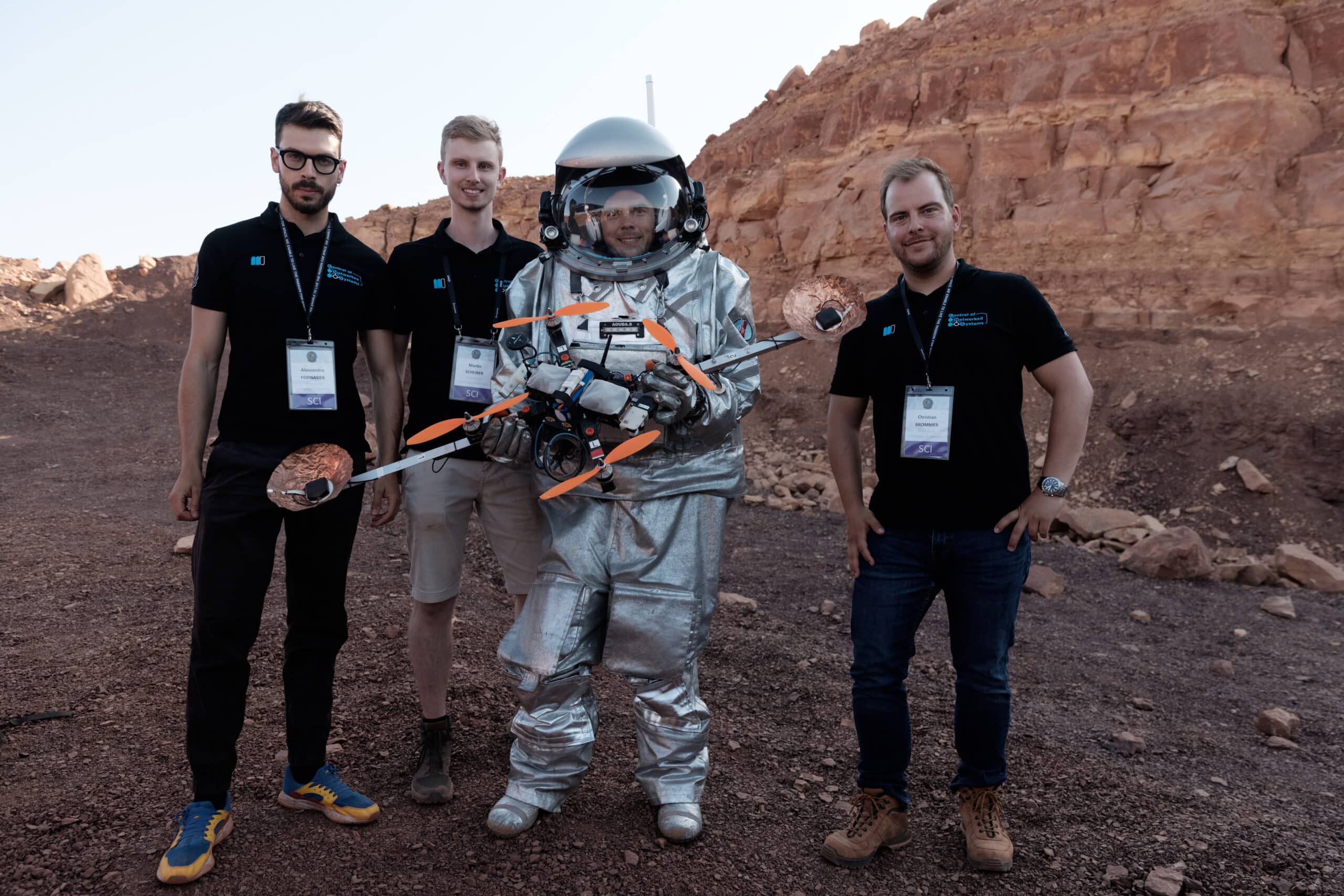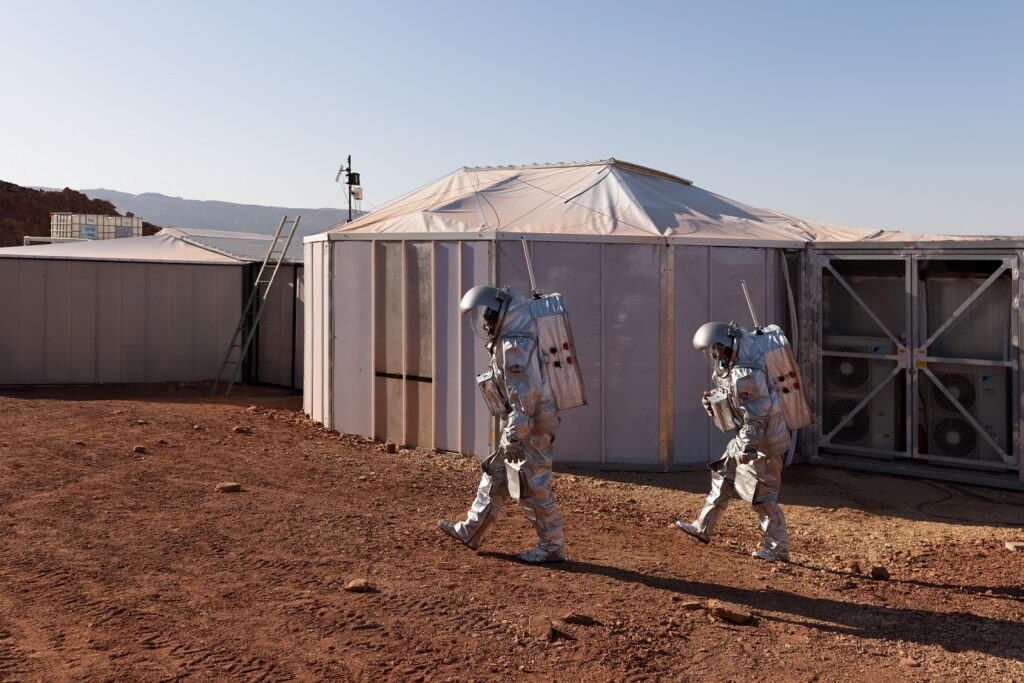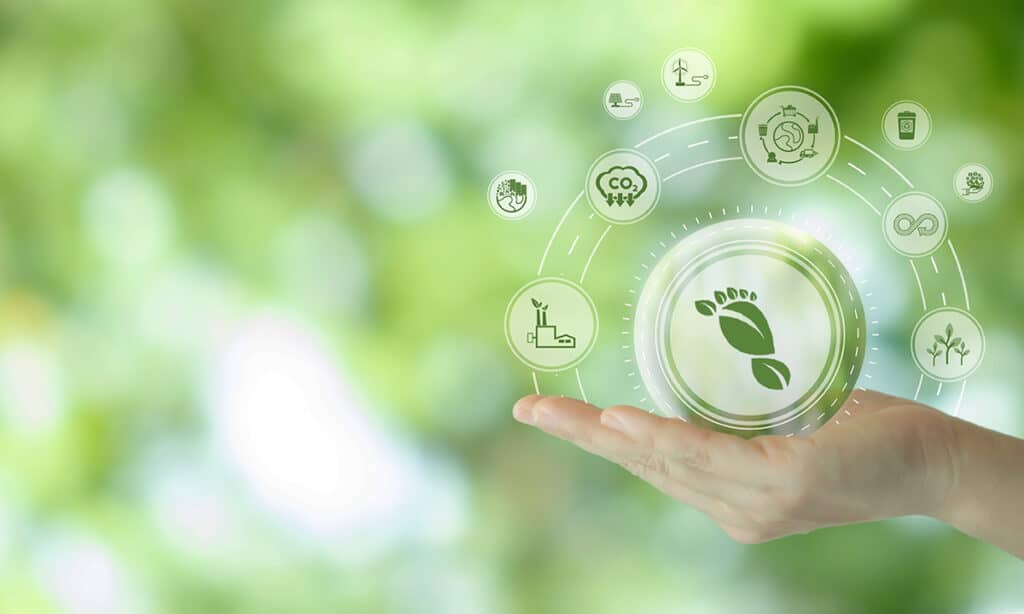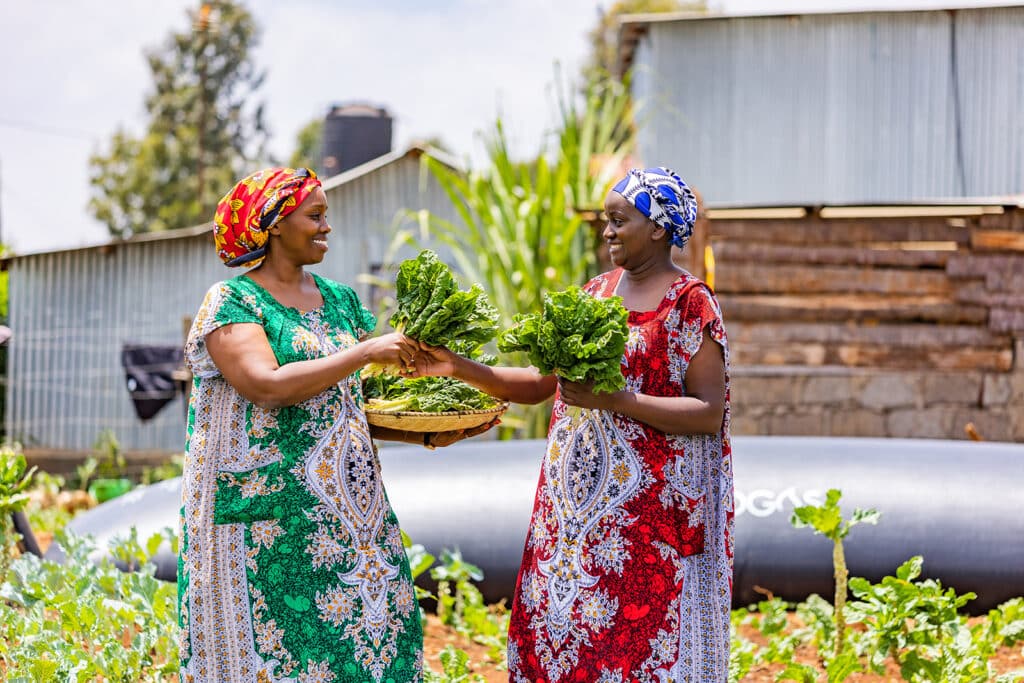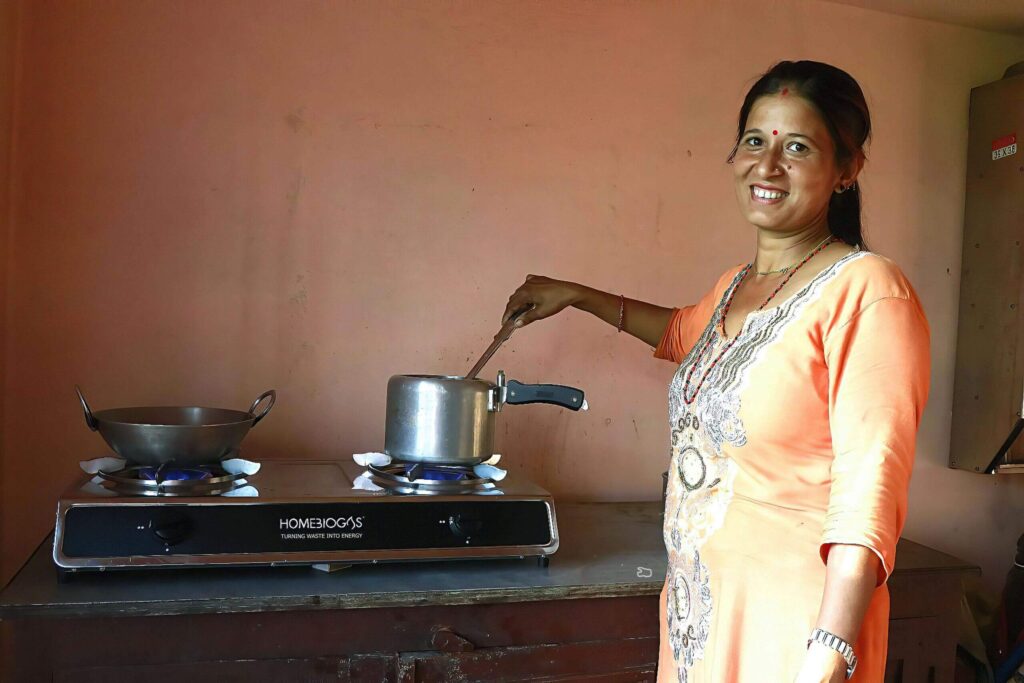
An Out of This World Opportunity
While technically still on Planet Earth, the Mars Mission Simulation, known as AMADEE-20, is a Mars analog simulation taking place at Makhtesh Ramon. Located in the south of Israel, Makhtesh Ramon, also referred to as the Ramon Crater, is one of only a handful of places on Earth that resembles the conditions on the planet Mars, making it an ideal place to hold the simulation.
Managed by the Austrian Space Forum, hosted by the Israeli Space Agency and D-MARS, and with over 200 researchers from 25 countries involved, this is considered to be the most advanced simulation of a manned Mars mission ever. During the three-week long mission, that took place in October 2021, six astronauts from Israel, Austria, Germany, Holland, Portugal and Spain, are living on-site in complete isolation, simulating the experience of living in a space station on Mars.
The team of astronauts from all over the world at the Mars simulation site
Credit: OeWF/Florian Voggeneder
Tasked with completing more than 20 experiments that will help the team determine the possibility of one day visiting Mars, the astronauts are testing all aspects of what life on Mars will be like for the astronauts. A primary focus of a future mission to Mars would be to find evidence of life on the planet, which is done by first searching for evidence of water by studying rock samples. Other practical elements being tested include the astronauts’ anxiety and depression levels to better understand psychological well-being in response to known and unknown environmental stressors as well as their spacesuits, which weigh 50 kilograms and take three hours to put on.
Another big concern the team is addressing is how a human’s visit to Mars will impact the planet’s environment. HomeBiogas systems have been used during the mission to manage all of the team’s organic waste, an issue that needs to be explored and understood before a trip to Mars can occur.
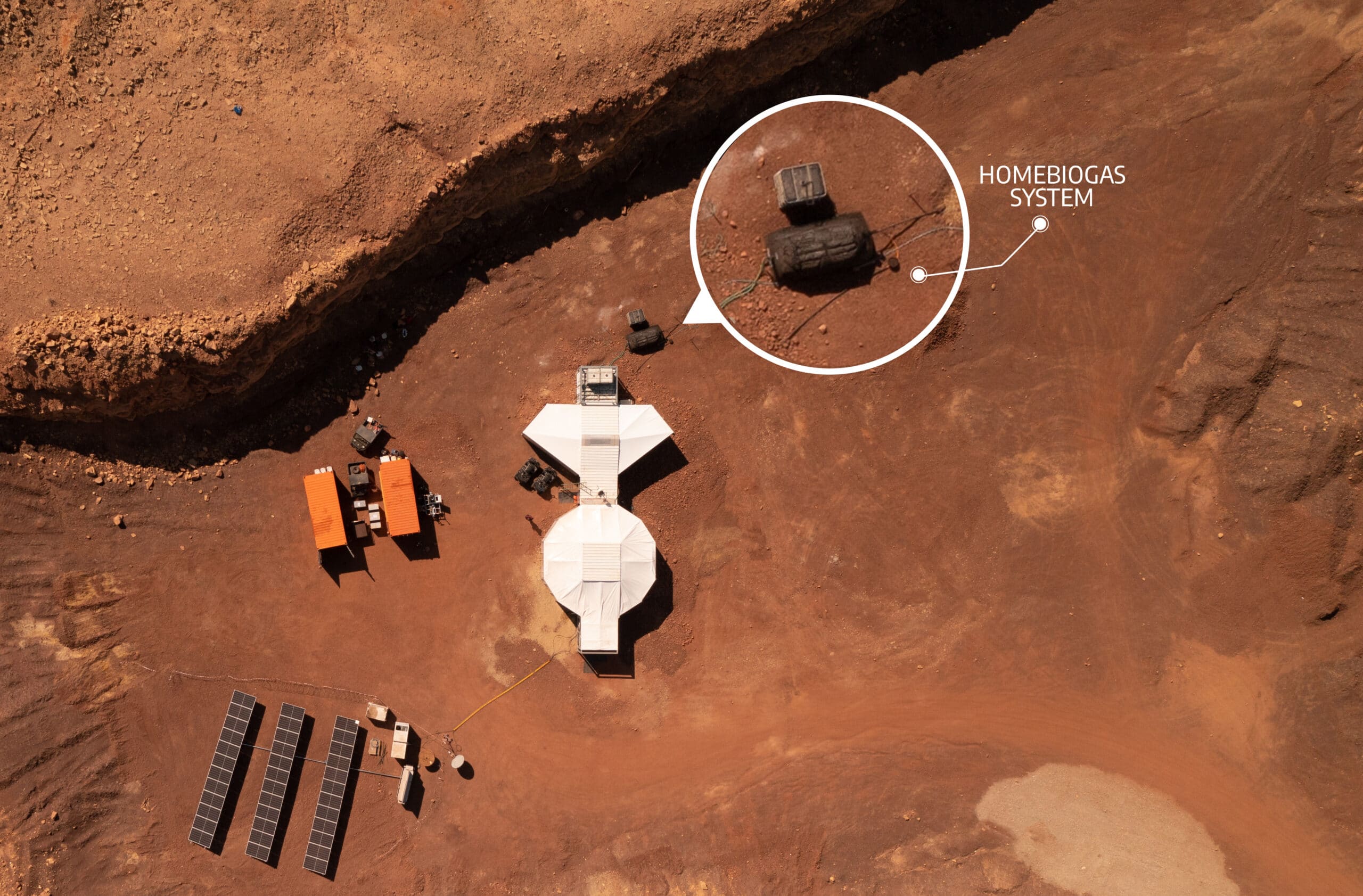
Gal Yoffe, Project Manager of AMADEE-20
The world’s most advanced simulation of a manned Mars mission had to be totally off-grid, which means we had to find innovative technological solutions that can function in extreme conditions and meet the astronauts’ needs. The handling of organic waste on Mars is one of those needs and the HomeBiogas system was a perfect fit for the experiment.
The HomeBiogas Mission
We created the HomeBiogas systems, determined to offer individuals around the world an accessible, affordable and easy way to manage waste and produce renewable energy. As HomeBiogas grew, an additional goal of ours became to integrate HomeBiogas systems into projects that would have a positive impact on the world and bring sustainable change for years to come.
We’ve seen how all across the globe HomeBiogas systems are impacting how people treat the environment, utilize their resources and how they handle the waste they create. For the HomeBiogas team, we’ve always thought that our goal was to enable individuals to protect our environment on Planet Earth. We are beyond thrilled to see that we weren’t thinking big enough. New mission, improve the universe and go to Mars!

Credit: OeWF/Florian Voggeneder
The Bigger Picture
Individual responsibility for our planet is important and the things we do on a personal and professional level can make a hugely positive impact on our world. At HomeBiogas, we are big believers in the power of small change, even in the little things we do at home. Afterall, it’s literally in our name – HomeBiogas. That being said, we always have the bigger picture in sight and hope that these small individual efforts will continue to culminate in meaningful change.
From the farm-to-table restaurant who uses the HomeBiogas 4 to create delicious meals for their guests, to an eco-hostel providing Bio-Toilets for all of their boarders, to the urban homesteader utilizing the HomeBiogas 2 to show her children the full cycle of the food she grows and to astronauts using our systems during the most advanced manned Mars simulation in efforts to develop future capabilities for human space exploration…. the people using HomeBiogas systems are pretty incredible!



